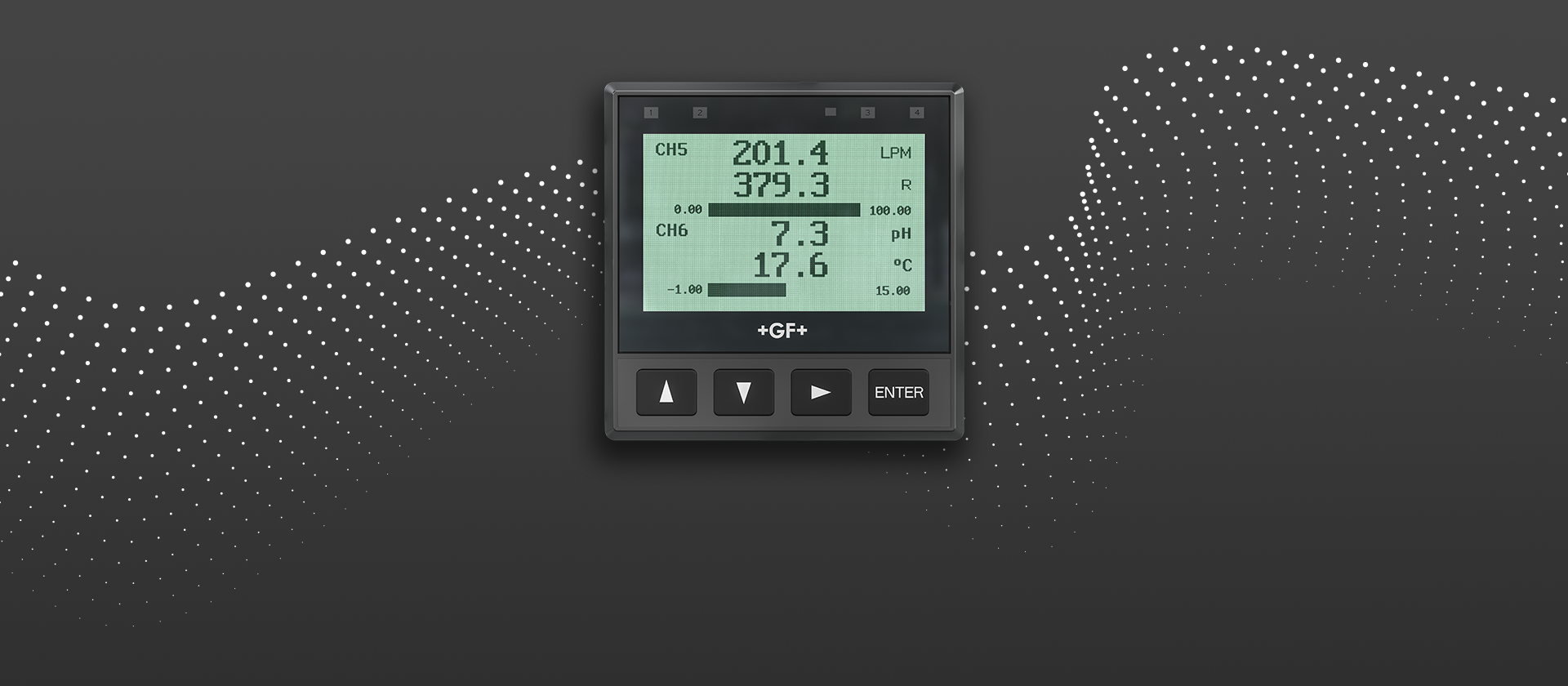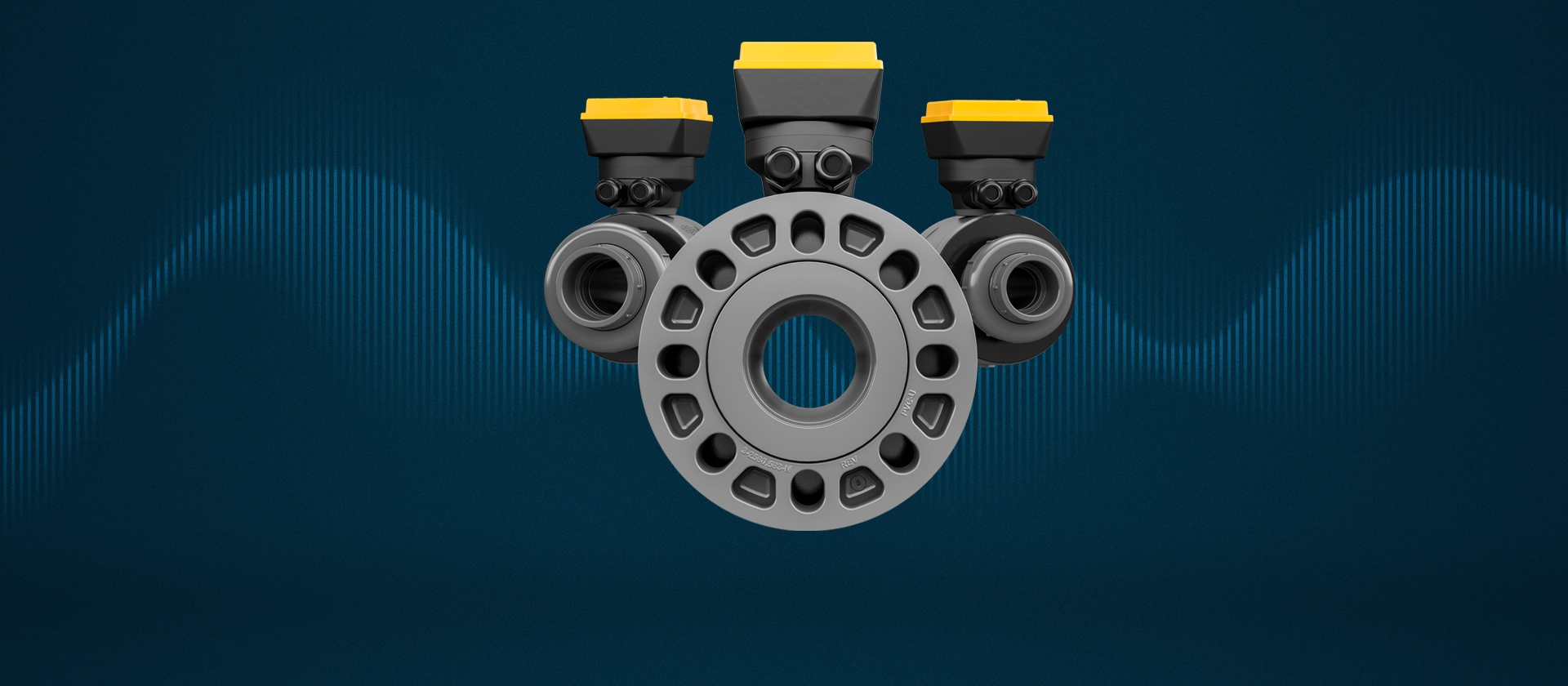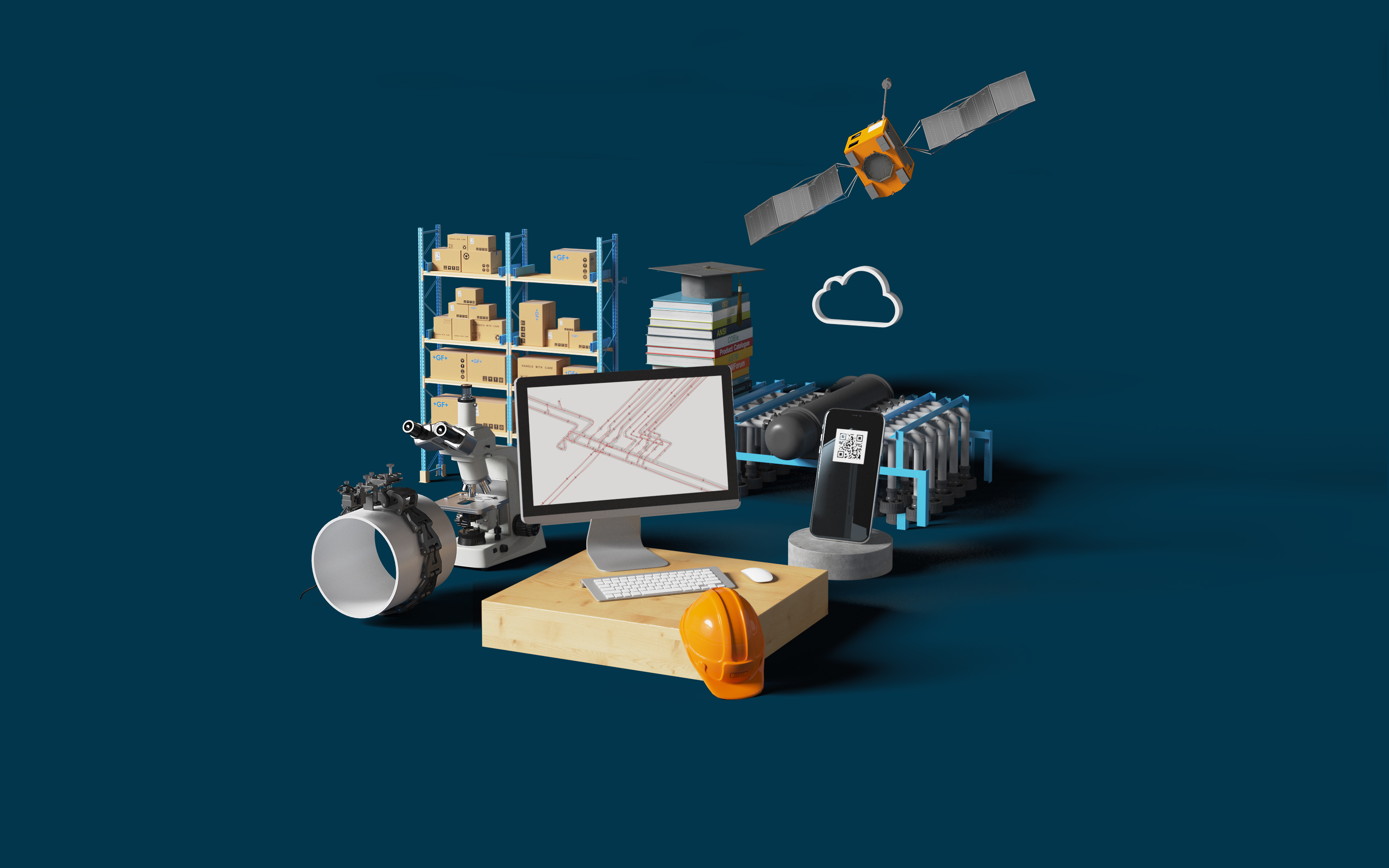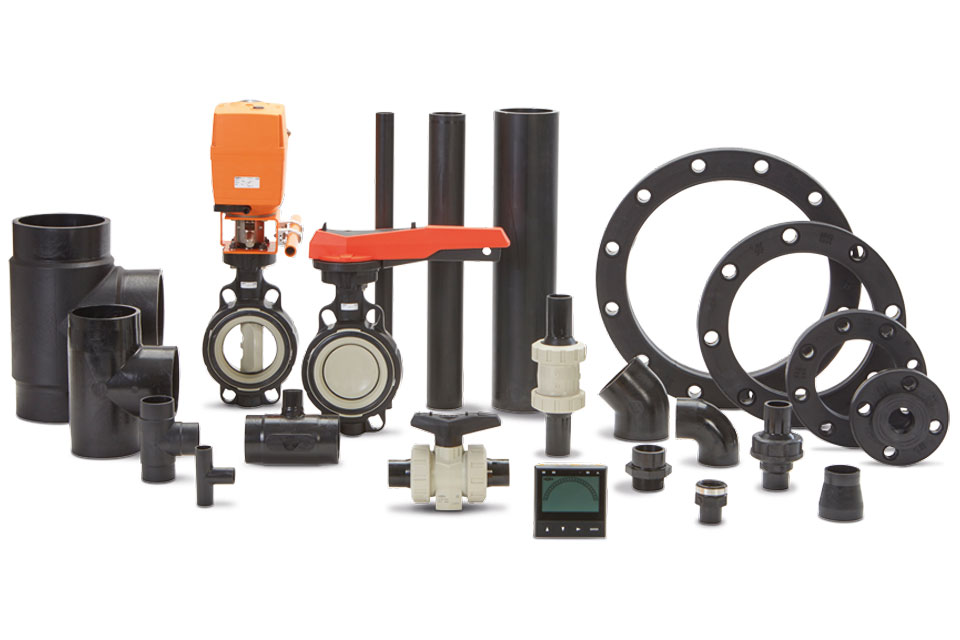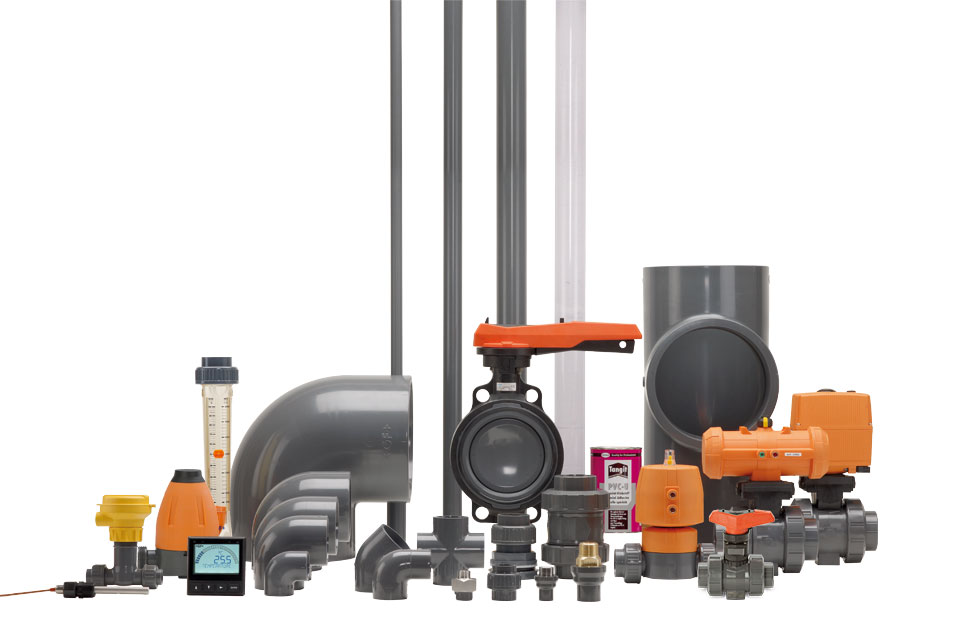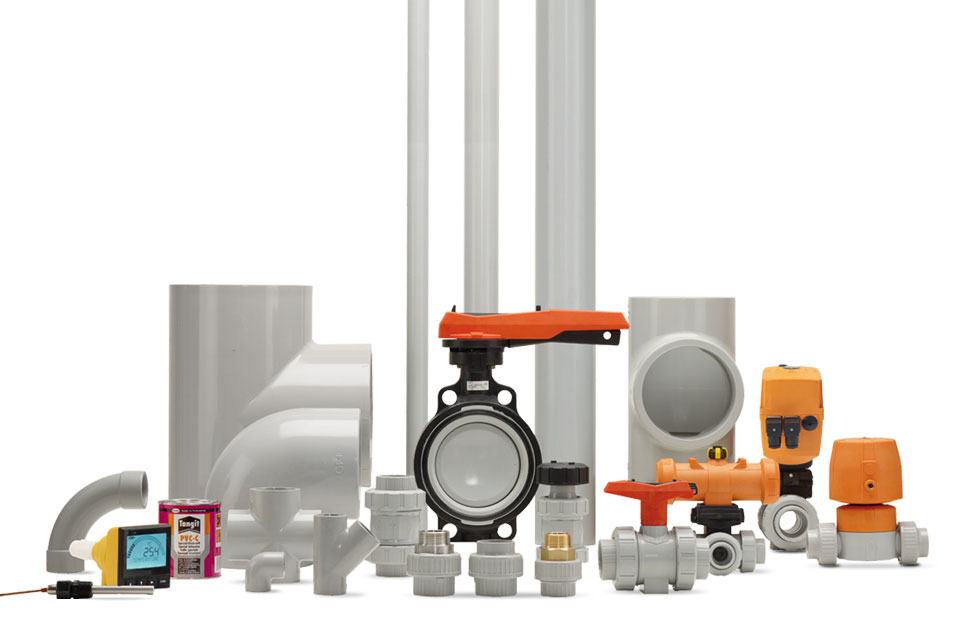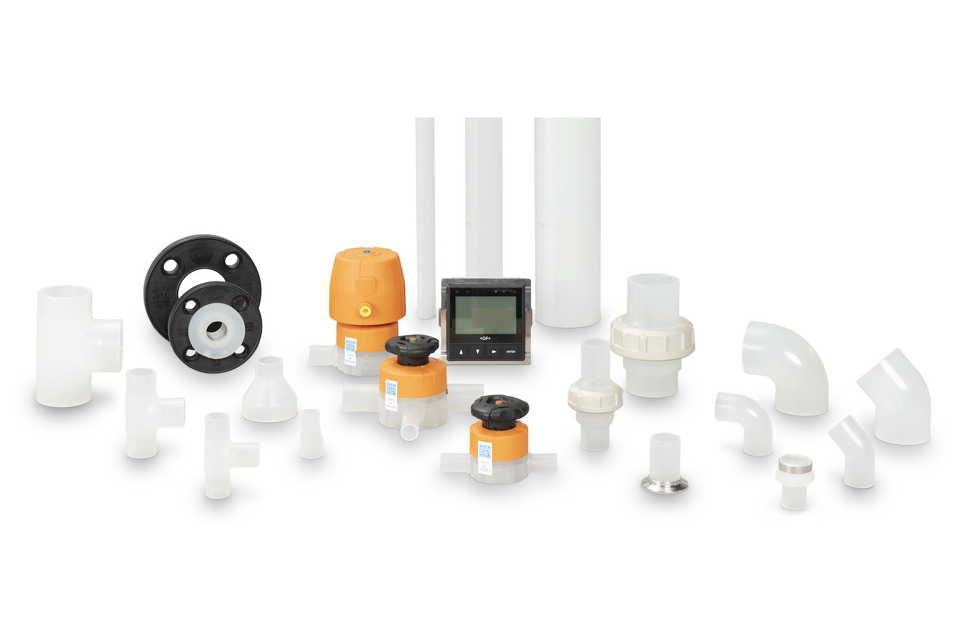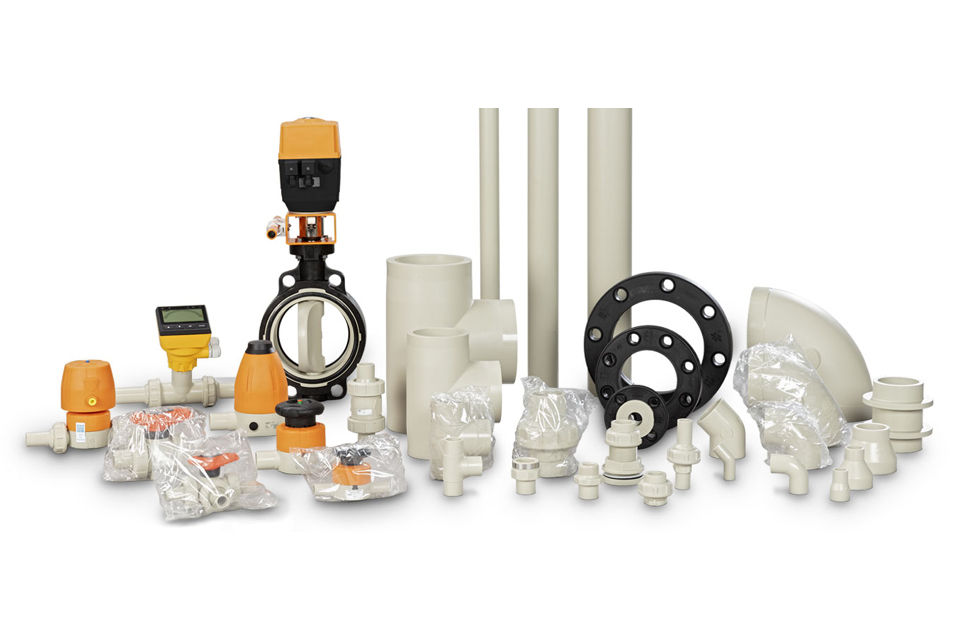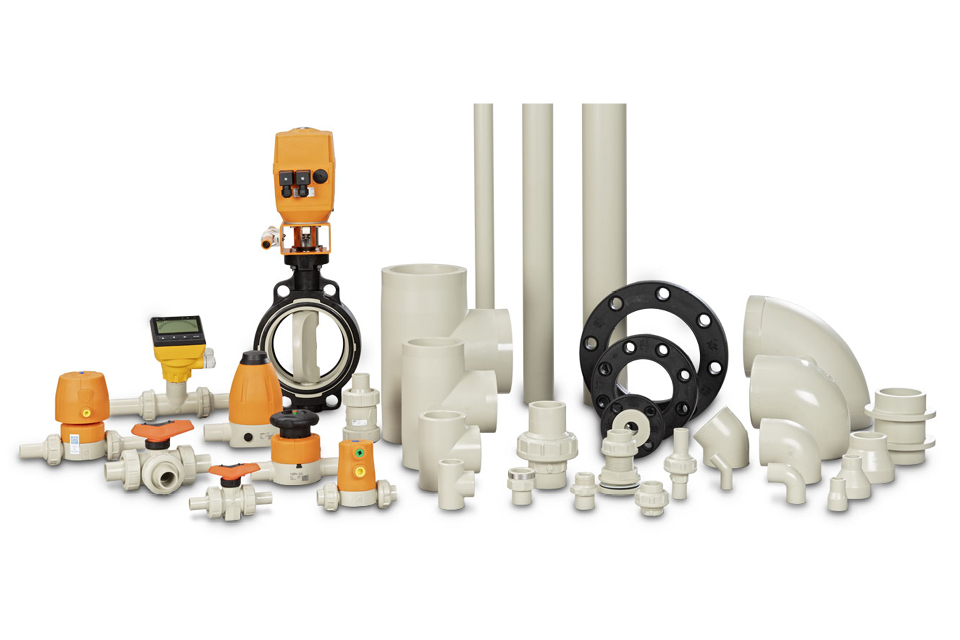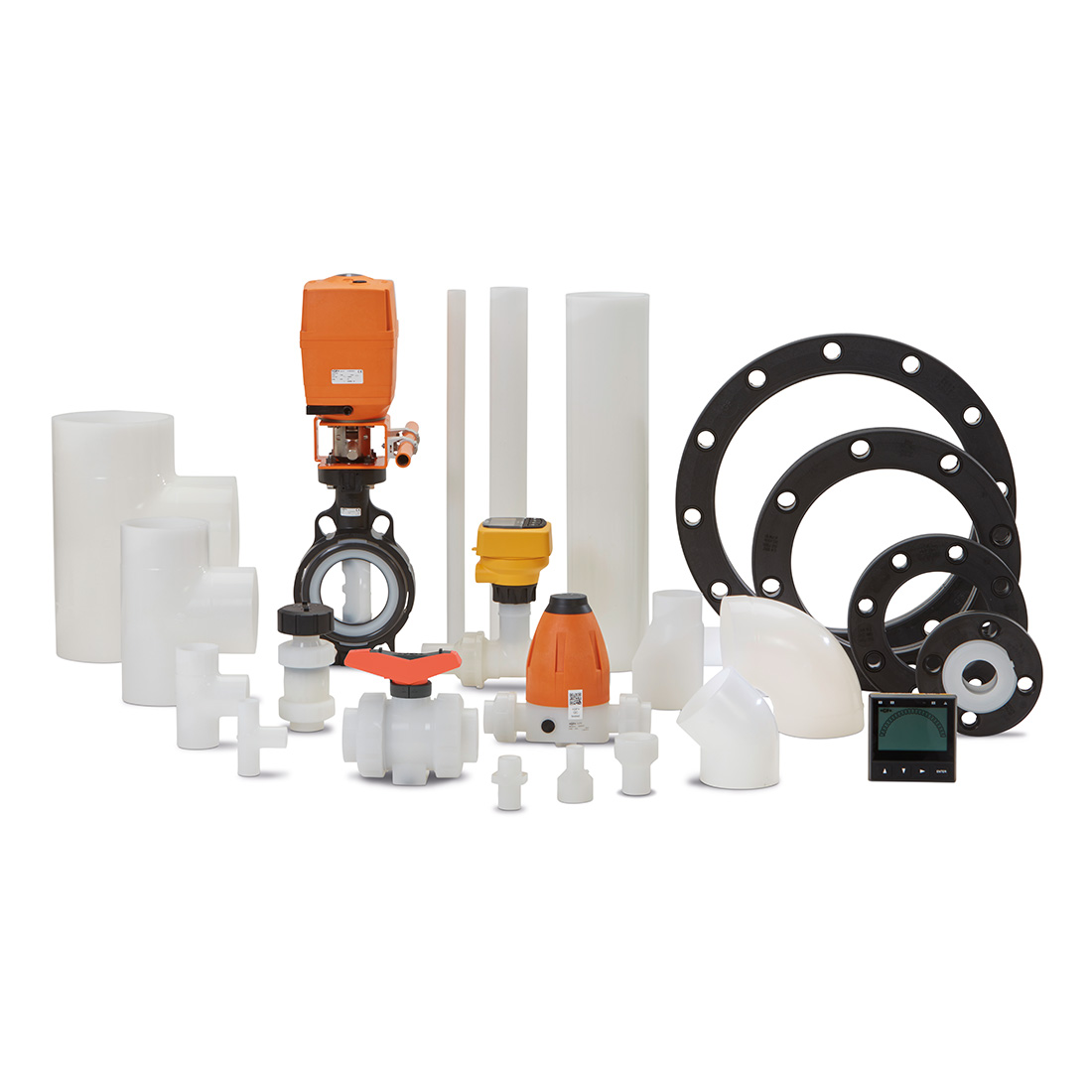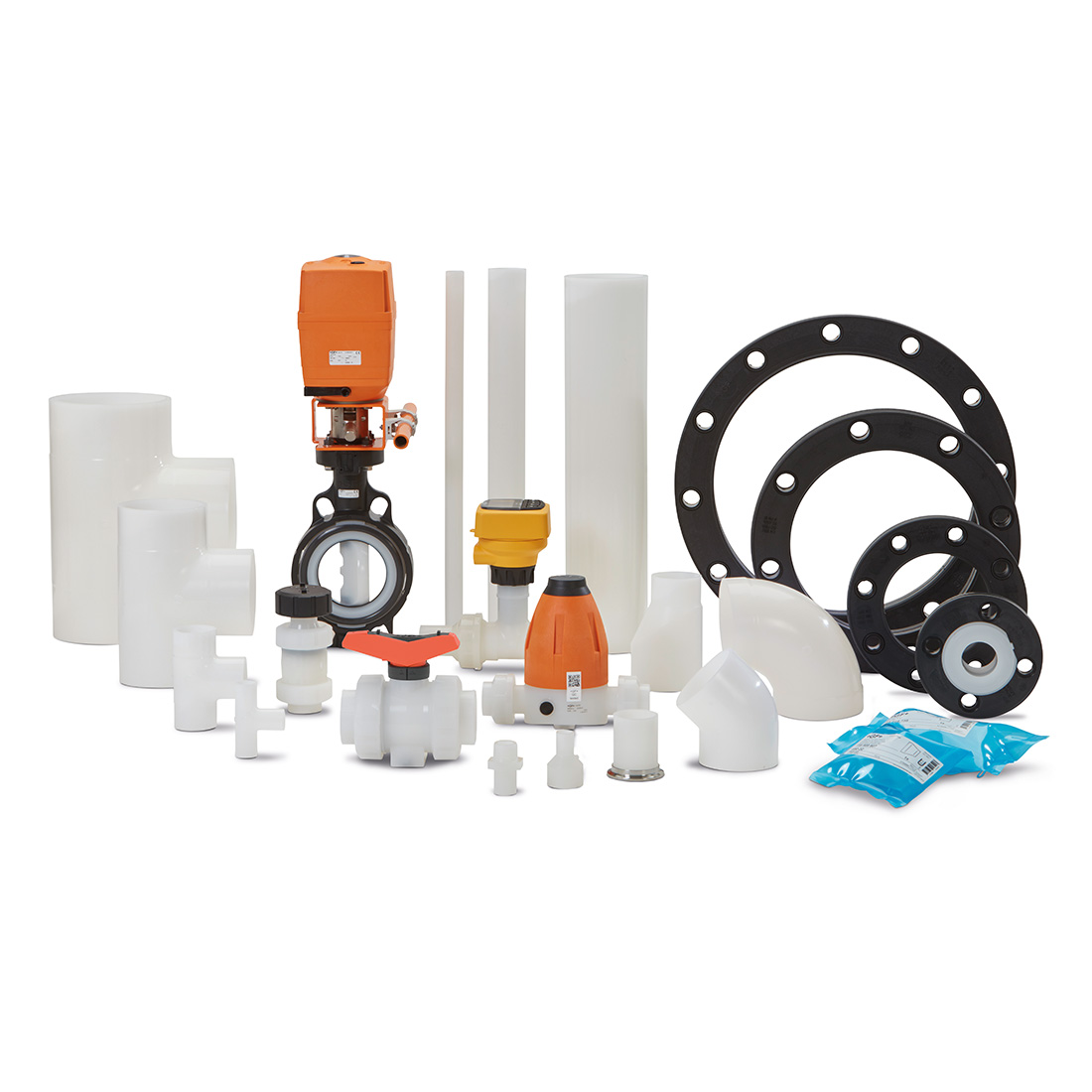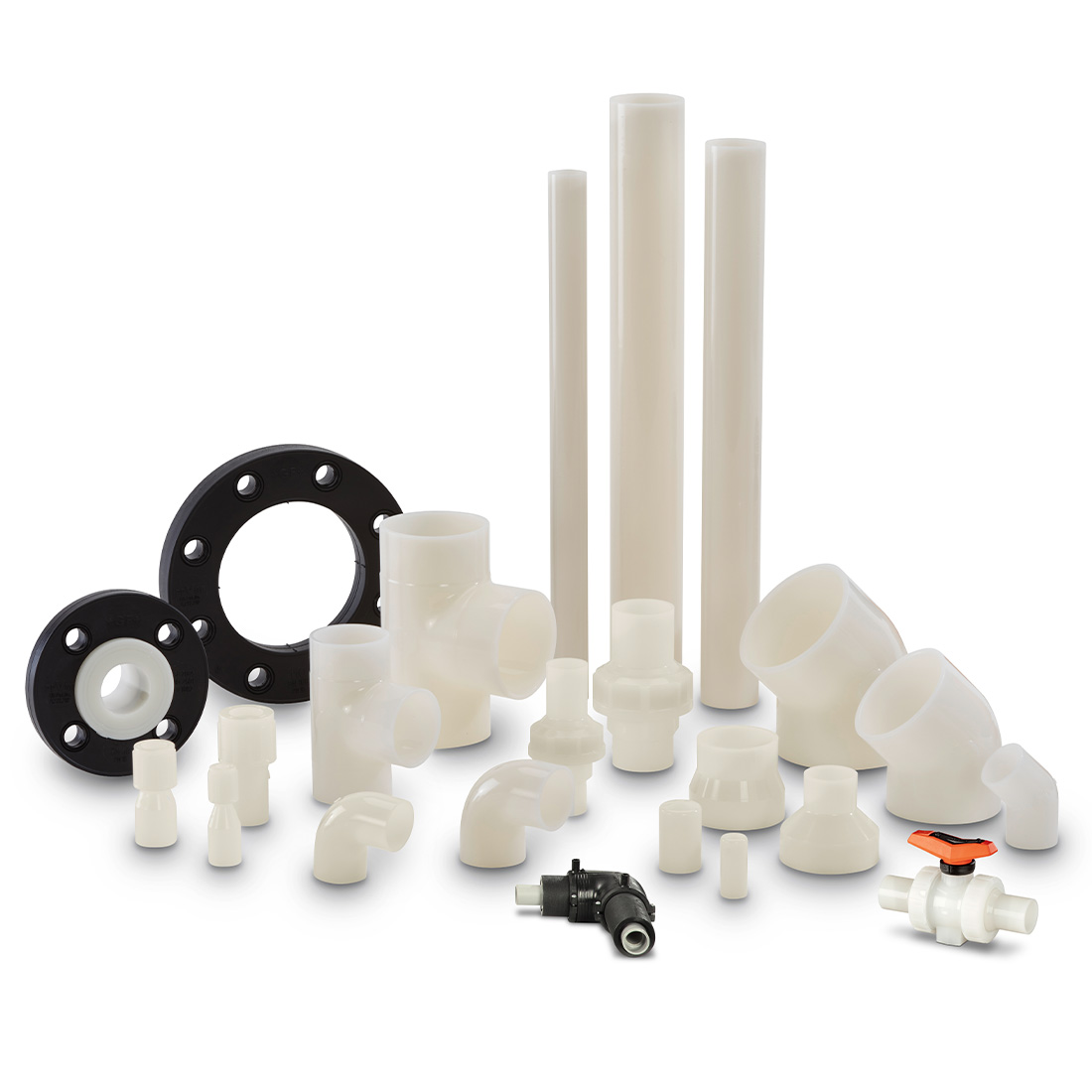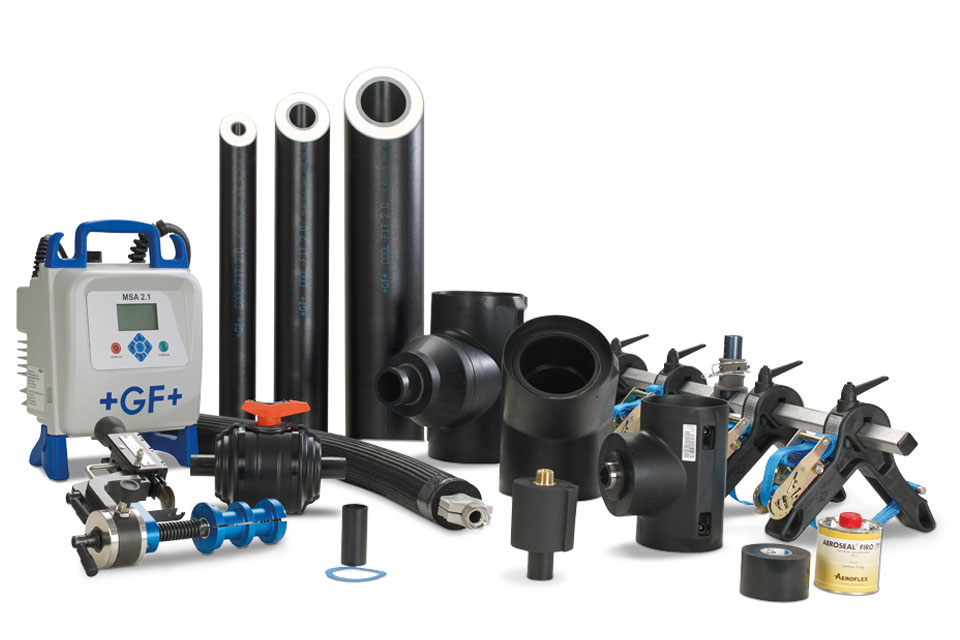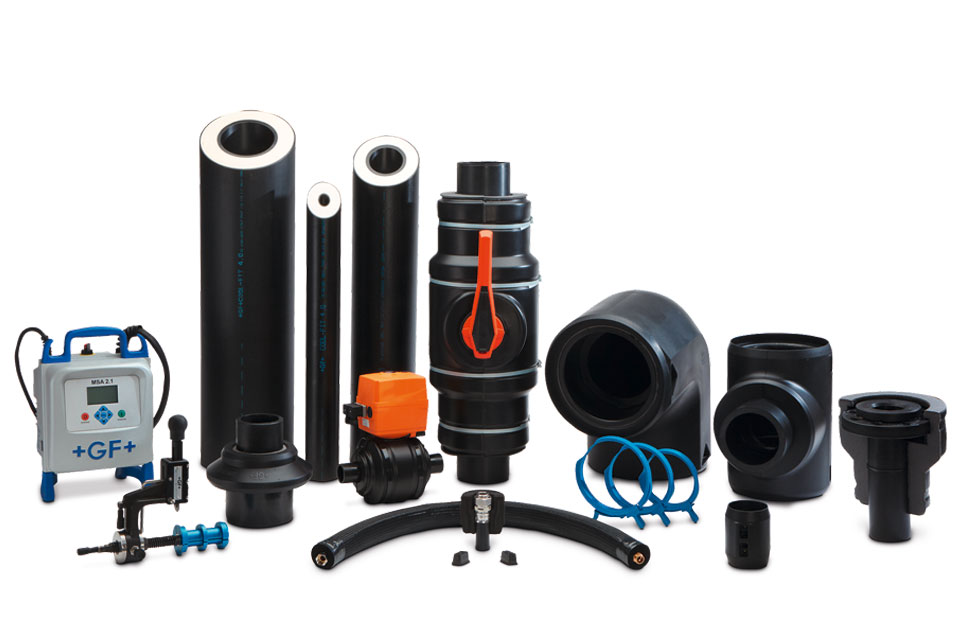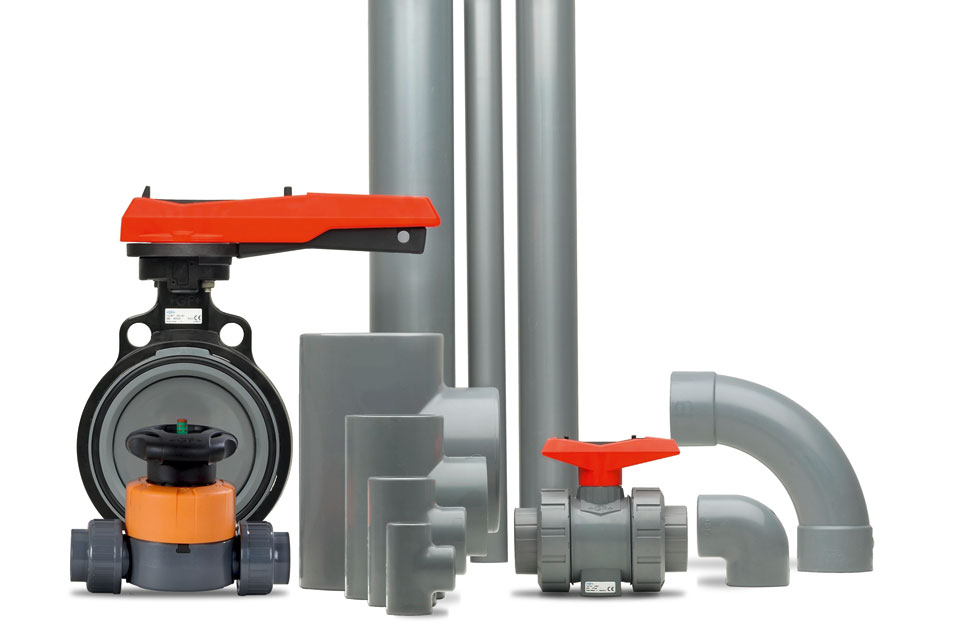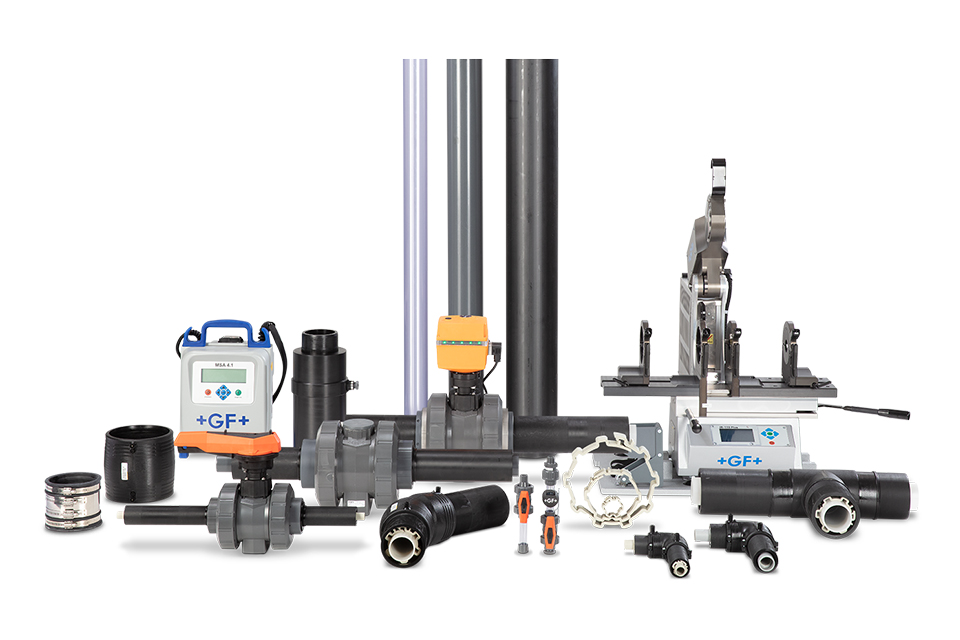Supporting the Highest Quality
Modern industrial water treatment faces challenges such as stringent environmental regulations, high operational costs, and the need for efficient, reliable systems to handle diverse contaminants. Aging infrastructure and the demand for sustainable practices add to the complexity. Plastic piping systems offer significant benefits in this context. They are corrosion-resistant, reducing maintenance and prolonging lifespan. Lightweight and easy to install, they lower labor costs and installation time. Their smooth inner surfaces reduce friction, enhancing flow efficiency and leading to energy savings and consistent water quality. Furthermore, thermoplastic plastic piping systems are versatile and compatible with advanced automation systems, boosting overall operational efficiency and adaptability.















